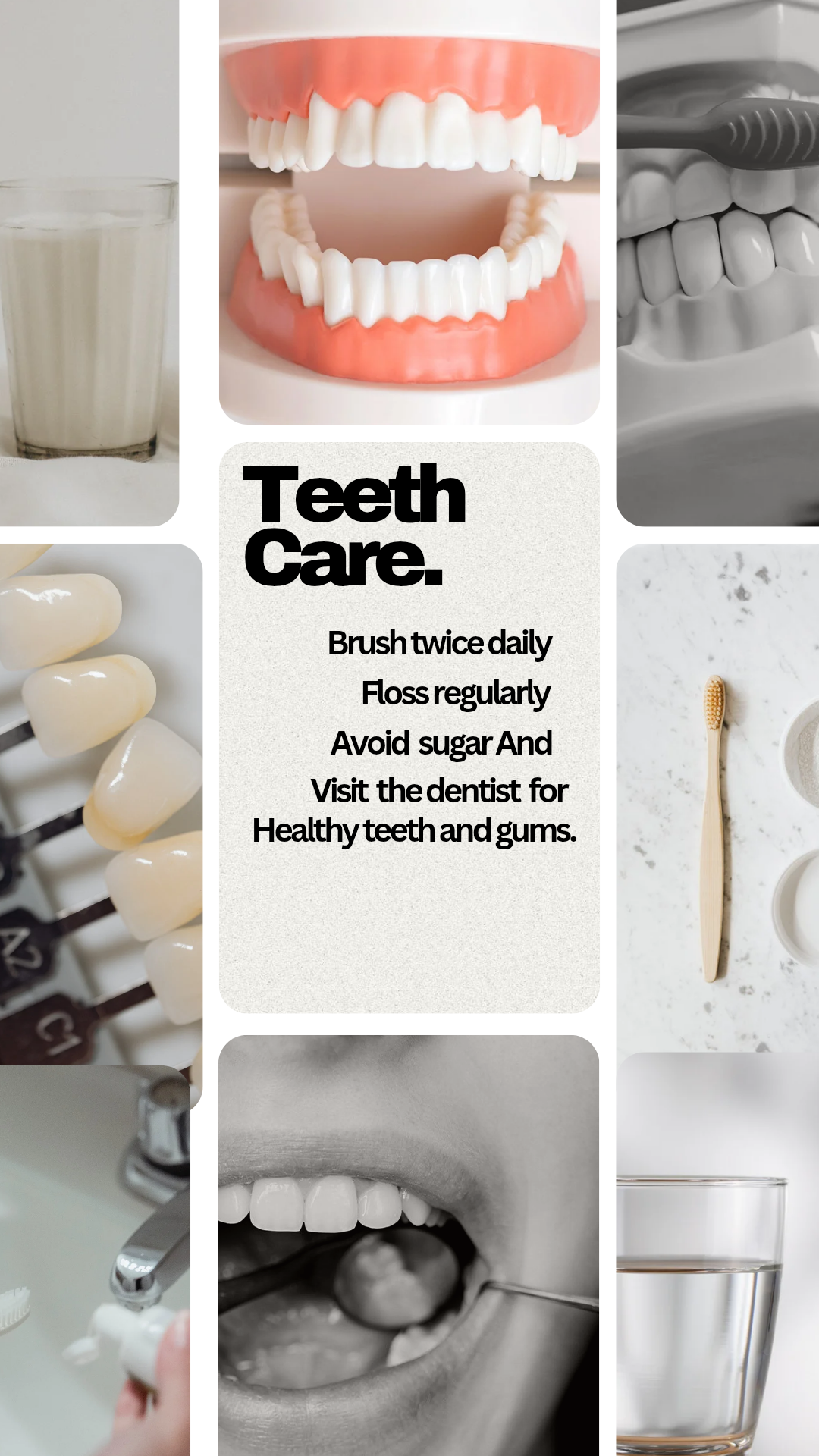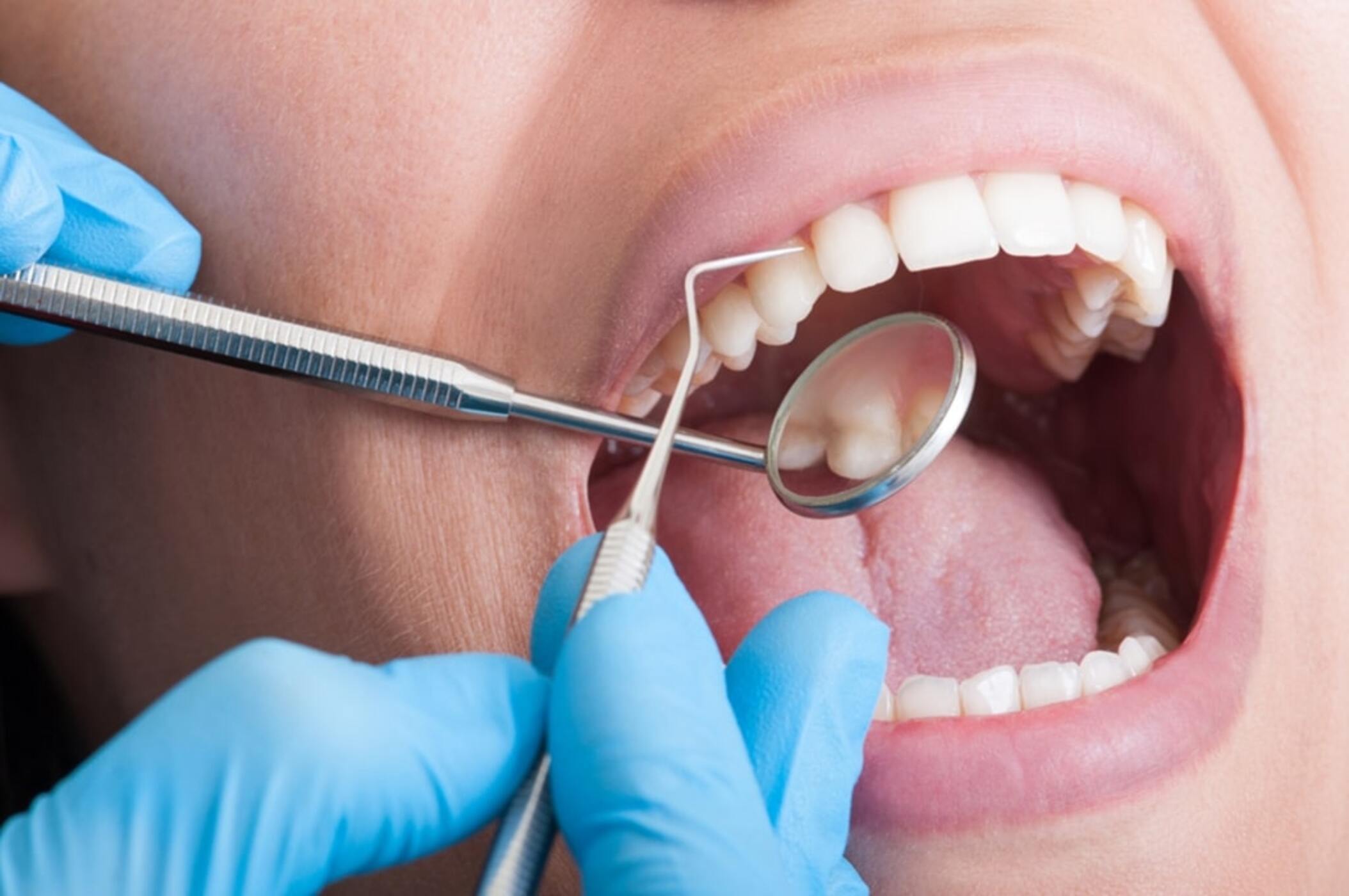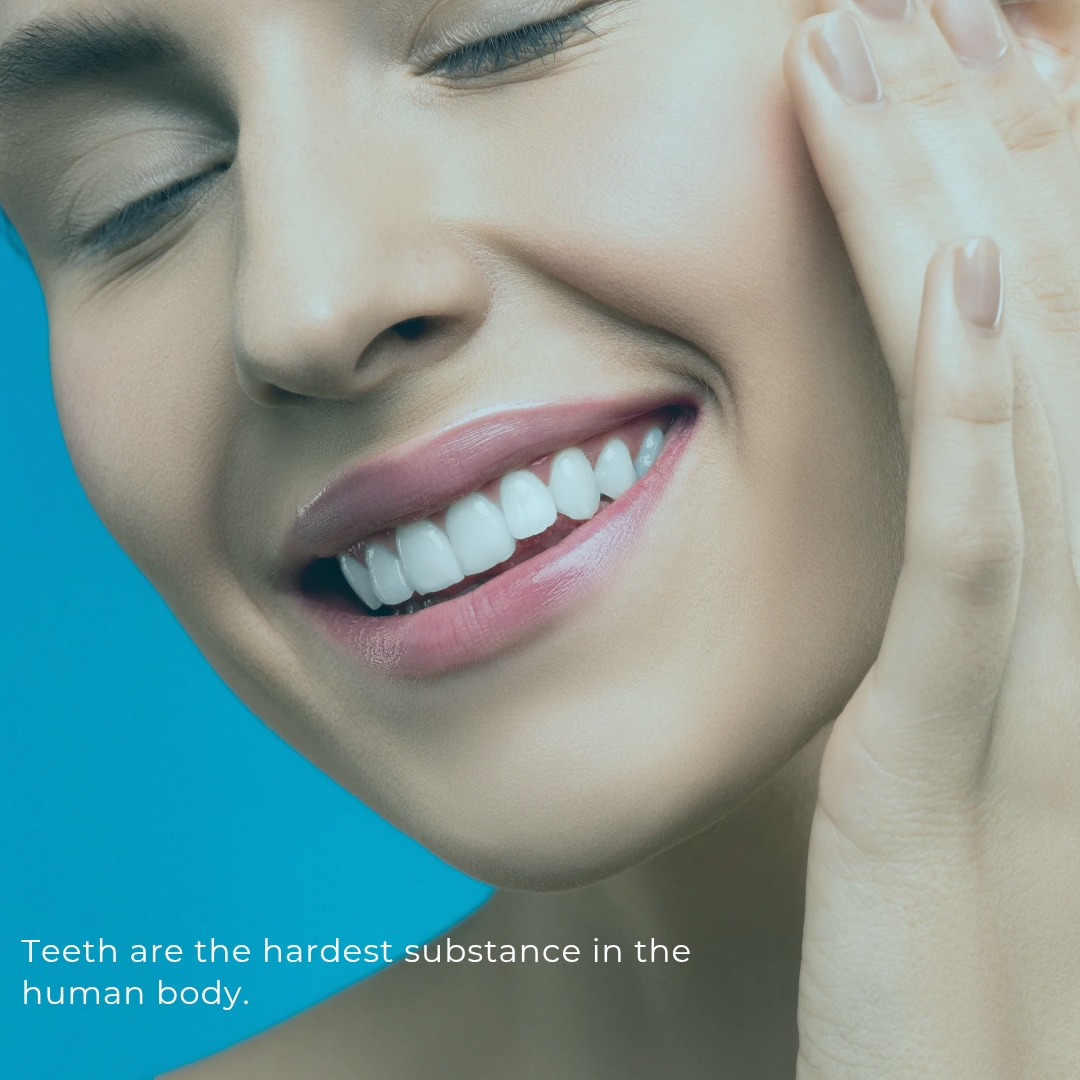Biting down, if you’re experiencing tooth pain, will cause big trouble. It may be felt as sharp pain, dull ache, or a throbbing sensation that is quite intense. “Why does my tooth hurt when I bite down?”
If that question is going through your mind, then you aren’t the only one. Because of all kinds of dental problems, many people suffer from this problem and reinvent the wheel.
This article will help you to find the most common causes, diagnose them and tell you what can be done about it. There are also practical tips on how to avoid experiencing these problems happening in your teeth and how oral probiotics can support your oral health.
Common Causes of Tooth Pain When Biting Down

Why does my tooth hurt when I bite down? It could be a cavity, crack, or infection. Learn the causes and best treatment options.
How to Diagnose Tooth Pain When Biting?
Cavities and Tooth Decay
Bacteria eat away the tooth’s enamel coating, leaving a cavity in your tooth. It often comes on from a build-up of plaque between teeth. Once started, decay tends to keep going because it seeks out weaker spots. If the damage goes deep enough to reach nerves in teeth, then pressing on them causes pain.
Dental Abscess
An abscess can form anywhere on or within a tooth. This happens when bacteria get into the pulp tissue (inside part of a tooth). The result is very severe pain, swelling and sometimes fever. If left untreated, the infection may spread and cause damage throughout the body.
Cracked or Fractured Tooth
A crack in a tooth may be hard to see, but when you bite down, it causes sharp pain. Small fractures can allow bacteria to enter a tooth, leading to sensitivity or a hard-to-treat infection.
Grinding or Clenching (Bruxism)
Grinding your teeth at night or clenching your jaw during the day goes some way towards eroding tooth enamel. Eventually, this will cause sensitivity and pain when biting down.
Gum Disease (Periodontitis)
Gum disease, which starts with inflammation, can grow so that the gums recede. When the gums retreat, exposing the roots of teeth becomes painful under pressure and with temperature changes.
Sinus Pressure or Infection
On occasion, tooth pain isn’t from the tooth itself. Sinus infections can press against your upper teeth, making them tender when you bite.
High Dental Filling or Crown
If a filling or crown is too high, it means that there will be uneven pressure when biting down. This can cause discomfort and may even harm the teeth around.
Impacted Wisdom Teeth
When there is not enough space for wisdom teeth to push through properly, they push on other teeth causing pain and swelling.
How to Diagnose the Cause of Your Tooth Pain
When you’re biting down on something, it brings pain, and that should be checked out by a dentist. Here’s what the dentist will do to diagnose the problem:
X-rays: They can reveal cavities, cracks, infections or impacted teeth
Bite tests: The dentist may ask you to bite down on something so that they can see which tooth is sensitive
Visual inspection: Look for problems like visible damage or cavities and check gums to make sure they are healthy.
Percussion testing: This is sometimes done to determine whether tapping on teeth resists activating the pain response.

Why does my tooth hurt when I bite down? It could be a cavity, crack, or infection. Learn the causes and best treatment options.
Treatment Choices
The proper treatment depends on the reason for your distress. Here’s how common causes are handled:
For Cavities and Tooth Decay
- Dental fillings for tiny cavities.
- Root canal if decay has reached the pulp.
- Crowns for severe damage to give support back.
For Cracked or Broken Teeth
- Dental bonding for hairline cracks.
- Crowns for medium cracks (teeth normally)
- Root canal or extraction if the break is deep.
For Dental Abscesses
- Incising and draining that stuff!
- Root canal therapy.
- If things are getting serious: antibiotics.
For Bruxism (Teeth Grinding)
- Custom-made nightguards to keep your grinding.
- Stress management techniques.
For Gum Disease
- Debridement to remove plaque and tartar.
- Surgery where inflammation is intense.
For sinus-related aches
- Treating the sinus infection with medication.
- Using decongestants to clear up stuffiness.
For (Impacted) Wisdom Teeth
Extraction if there is pain or potential damage to adjacent teeth.
For Fillings or Crowns Dying High
Shaping down the crown or filling to reseal it again.

Why does my tooth hurt when I bite down? It could be a cavity, crack, or infection. Learn the causes and best treatment options.
Final Thoughts
The cause of this problem depends on what the cause is. If you are asking yourself, “Why does my tooth hurt when I bite down?” Bad teeth, sinus infections, gum disease—you name it! These have everything to do with tooth pain. The trick is to catch this root problem in its early stages and make sure that treatment comes quickly. If the pain in your tooth persists, consult a dentist right away to keep it from getting even worse. Get results.
FAQ
1. Can a Tooth Infection Spread to Other Parts of the Body?
If left untreated, a tooth infection can spread to the jaw, sinuses, or bloodstream and cause serious health problems. For this reason, seeking prompt treatment is crucial.
2. How Can I Tell If My Tooth Is Cracked?
A break in the tooth isn’t always visible, but it is sensitive to hot or cold, and pain while chewing or biting down are clues to get you to a dentist. Anaesthetics can numb your pearly whites, and a dentist will take an X-ray to determine whether the tooth pokier has been damaged deeply.
3. Does a Root Canal Hurt?
Contrary to popular belief, root canals are not particularly painful. Modern dentistry uses efficient anaesthetic to numb the infected area, so it feels about as comfortable as getting a filling.
4. Should I Go to the ER for Tooth Pain?
If you have extreme swelling, trouble breathing, or a high fever along with tooth pain, go to the hospital right away. Otherwise, your local dentist should be able to help.
5. How Can I Prevent Tooth Pain When Biting Down?
- Daily brushing and flossing of teeth to prevent cavities.
- A nightguard for grinding your teeth at night.
- Regular check-ups from your dentist.
- Hard foods which can promote cracks should be avoided.
6. Why Do My Teeth Hurt When I Eat Sweets?
Tooth sensitivity to sugar may be an indication of pre-existing enamel erosion or cavities. If the pain continues, visit a dentist.
7. What Happens If I Ignore Tooth Pain?
Ignoring tooth pain can result in s, and a loss of the tooth. Moreover, it can contribute to more serious problems, such as heart disease, if the infection spreads.
8. Can Stress Cause Tooth Pain?
Yes, stress can cause teeth grinding (bruxism). Over time, this can lead to pain or sensitivity in your mouth. But don’t worry: You can put an end to it by wearing a nightguard and using elbows or other stress management techniques.
9. How Do I Know If My Feeling Is Too High?
If biting down on it hurts, then your dental filling might be at fault. You may need the dentist to adjust it so that you’re more comfortable and avoid more serious consequences.
10. Can My Tooth Pain Be a Sign of a Heart Attack?
In extremely rare cases, one might experience jaw or tooth pain as a sign of a heart attack. This is especially likely if accompanied by chest pain, nausea or difficulty breathing. If you develop any of these symptoms, go to the ER.
11. What Are Some Natural Remedies for Tooth Pain?
- Gargle with salt water to reduce the inflammation (swelling).
- Clove oil has allergies that are made for healing.
- ExpoSeMpli or a cold compress is good for reducing swelling and numbing the region.

